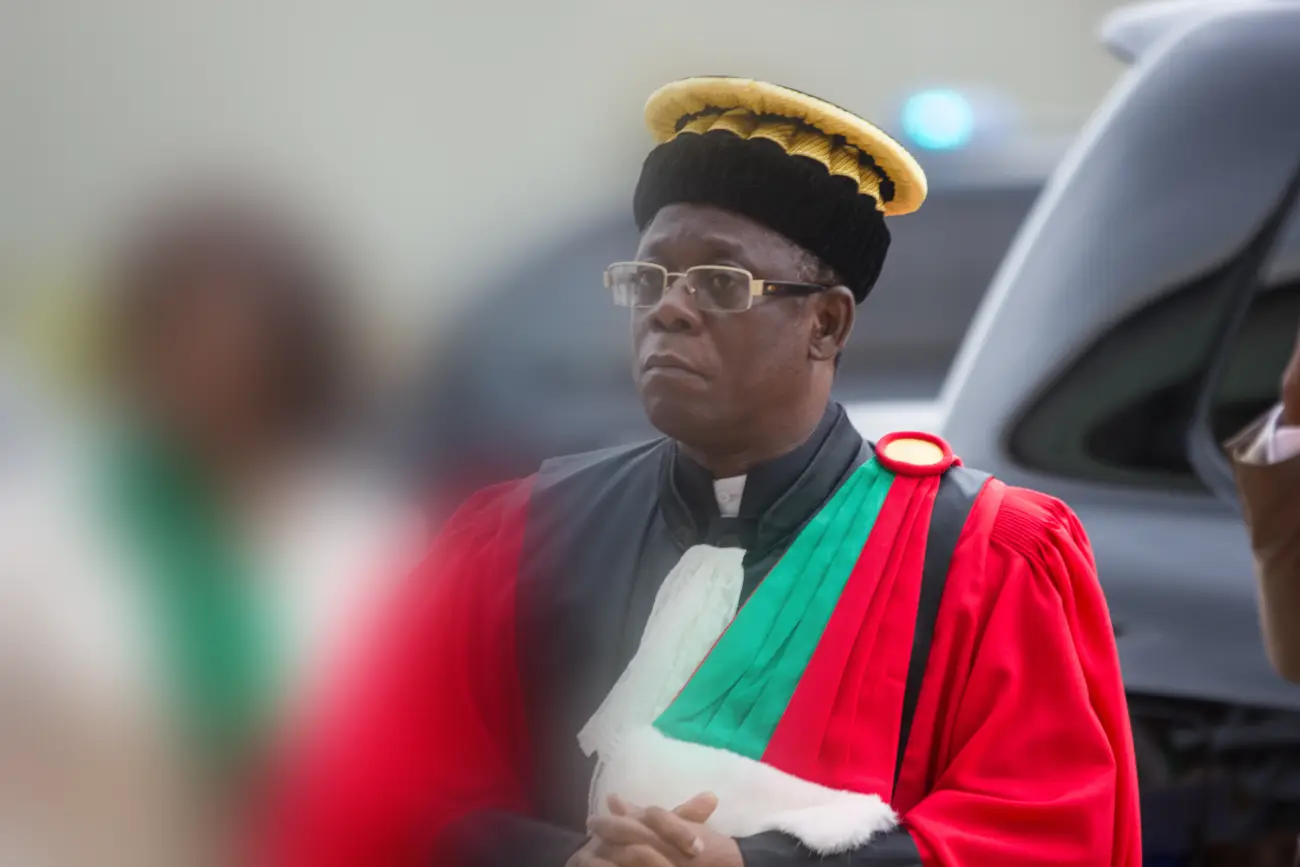Ivory Coast: Théodore Holo leads a pre-election mission from ECOWAS in Abidjan
As part of its commitments to promote democracy, peace, and stability in West Africa, the Economic Community of West African States (ECOWAS) has dispatched a pre-election information mission to Côte d’Ivoire.

SUMMARY
From June 29 to July 5, 2025, a delegation led by Professor Théodore Holo, former president of the Constitutional Court of Benin, will stay in Abidjan.
This initiative forms part of the implementation of the Additional Protocol on Democracy and Good Governance, as well as the Regional Institution’s Conflict Prevention Framework. It takes place a few months ahead of the Ivorian presidential election scheduled in October, in a political climate deemed worrying by several international observers.
A mission to prevent election tensions
Composed of about ten personalities, the delegation notably includes Ambassador Abdel-Fatau Musah, Commissioner for Political Affairs, Peace and Security of ECOWAS, and H.E. Mrs. Adjovi Yekpe, Ambassador of Benin to the organization. It is supported by a technical cell headed by H.E. Fanta Cissé, resident representative of ECOWAS in Côte d’Ivoire.
During their stay, the members of the pre-election mission will meet the main stakeholders of the process: the government authorities, the electoral institutions, the political parties, as well as the civil society organizations. The objective is twofold: to assess the level of preparation of the poll and to make recommendations to ensure inclusive, credible, and peaceful elections.
This mission takes place in a tense political climate, marked by the exclusion of four major opposition figures from the electoral roll, a situation that heightens tensions as the poll approaches. By going on-site, ECOWAS hopes to play a preventive role, assisting in defusing the political landscape and providing technical and diplomatic support to the Ivorian electoral process.
For the regional organization, it is also about preserving the integrity of its founding principles, as democratic stability continues to be severely tested in several countries in the sub-region. The findings of this mission are expected to form the subject of a report submitted to the ECOWAS Heads of State and Government Conference for possible further decisions.


Comments